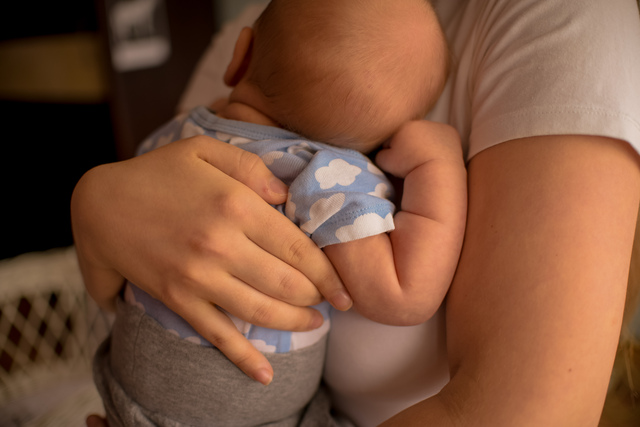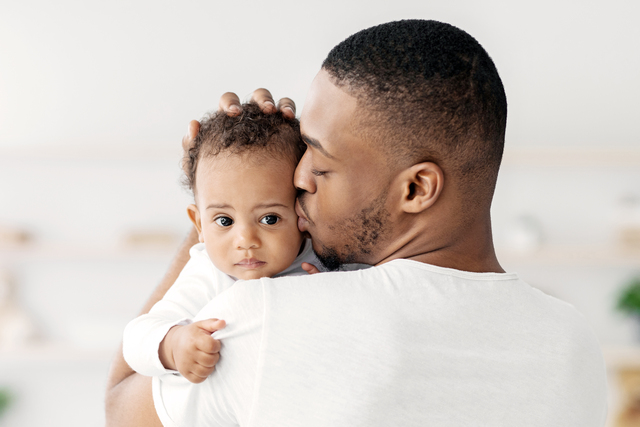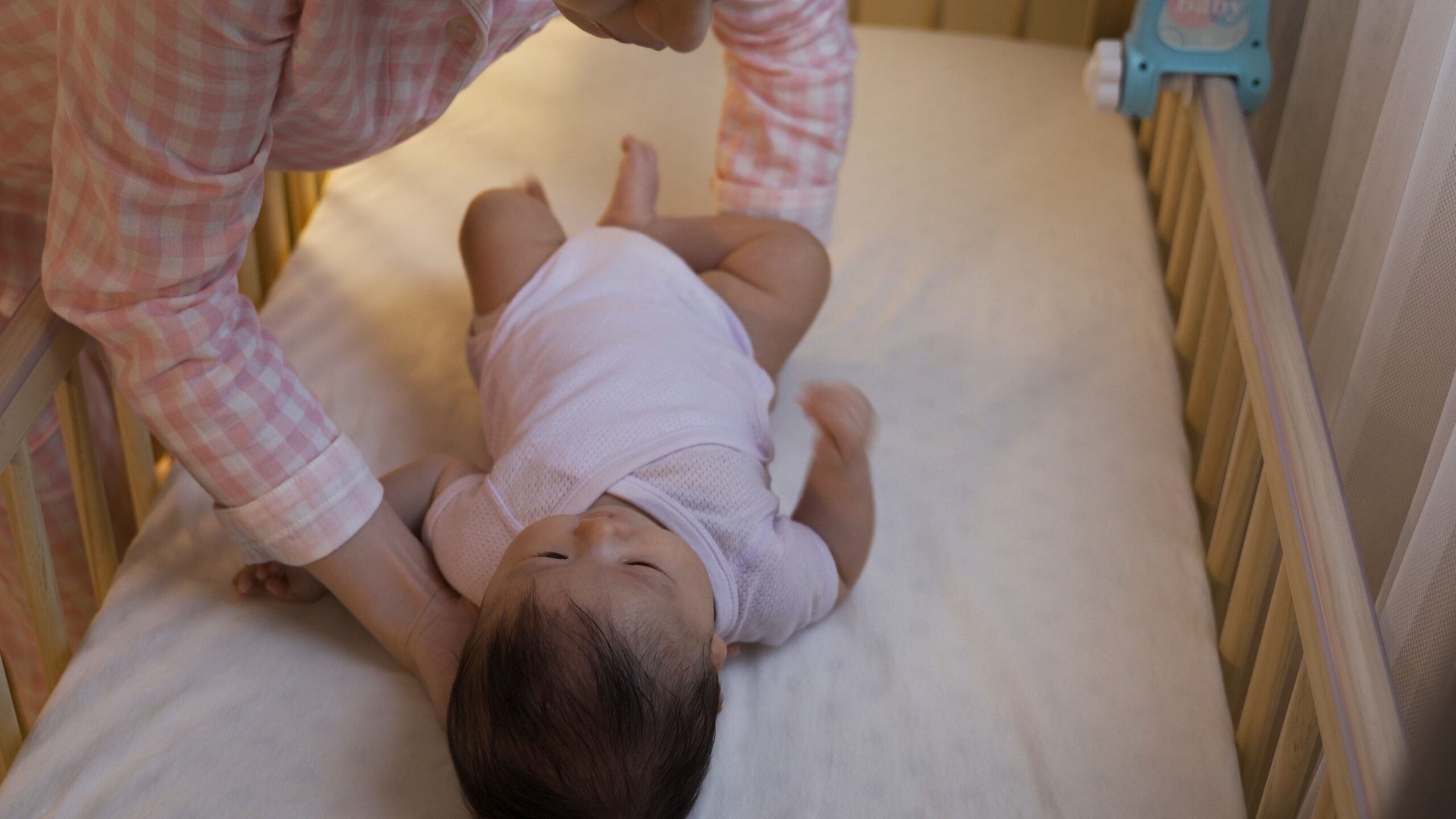Wake Windows: What They Are and How to Know When to Extend Them
Many parents ask me how long their baby “should” be awake between sleeps.
It’s a very reasonable question. And often, when naps feel unsettled, or bedtime becomes difficult, the answer lies in something called wake windows.
What Are Wake Windows?
A wake window is simply the amount of time your baby can comfortably stay awake between one sleep and the next.
While your baby is awake, sleep pressure gradually builds in the brain. When enough of this pressure has built up, sleep comes more easily. (You can read more about how sleep pressure works here.)
If the wake window is too short, your baby may not yet be ready to settle. If it’s too long, they can become overtired and overwhelmed, which often makes sleep harder rather than easier.
Understanding wake windows can help explain why a baby sometimes seems exhausted but resists sleep.

Average Wake Windows by Age (A Gentle Guide)
Wake windows gradually widen as your baby’s brain and nervous system mature. However, these are ranges, and best to use them as a guide, not as fixed rules.
Very general averages we commonly see are:
-
Newborn: 45–60 minutes
-
3 months: 1–2 hours
-
6 months: 2–3 hours
-
9–12 months: 2.5–4 hours
-
12–18 months: 4–5 hours
Some babies cope well with slightly longer stretches, while some babies need to sleep again sooner.
Your baby’s temperament, sensitivity, development and overall sleep history all influence how much awake time feels manageable.
It can be tempting to compare with friends’ babies of a similar age, but two babies born just weeks apart can tolerate very different wake windows; what matters most is how your baby is coping.
Signs a Wake Window May Be Too Short
Your baby may not have built enough sleep pressure if:
-
They are happy and alert at nap time
-
They take a long time to fall asleep
-
They chat or play in the cot
-
Naps are very short, but they wake contented
In these situations, a small increase in awake time may help.

Signs a Wake Window May Be Too Long
If your baby has been awake for longer than they can comfortably manage, you might notice:
-
Fussiness before sleep
-
Crying or struggling to settle
-
Short naps
-
False starts at bedtime
When babies become overtired, their bodies are more likely to release cortisol, the stress hormone, which can make settling more difficult.

How to Gently Extend Wake Windows
Wake windows don’t suddenly change; they widen gradually as your baby grows.
Your baby may be ready for a slightly longer wake window if:
-
It is consistently taking longer to fall asleep
-
A nap they previously took easily is resisted
-
Bedtime is drifting later
-
They seem calm and alert at what used to be sleep time
If you decide to adjust, keep it small by adding 10–15 minutes to one wake window and observing for a few days is often enough.
If sleep becomes easier, they are likely ready; if things feel more unsettled, simply step back.
There is no rush. Development unfolds in its own time.
When to Seek Support
If naps are consistently very short, settling feels like a struggle most days, or you’re feeling unsure about what your baby needs, it can help to talk things through.
Sometimes a small timing adjustment makes a significant difference.
Sleep can feel surprisingly complicated when you’re in the thick of it, but gentle, thoughtful changes are often all that’s needed.
If you’d like personalised support with your baby’s sleep, you can get in touch to find out more about my 1:1 sleep consultations here.








